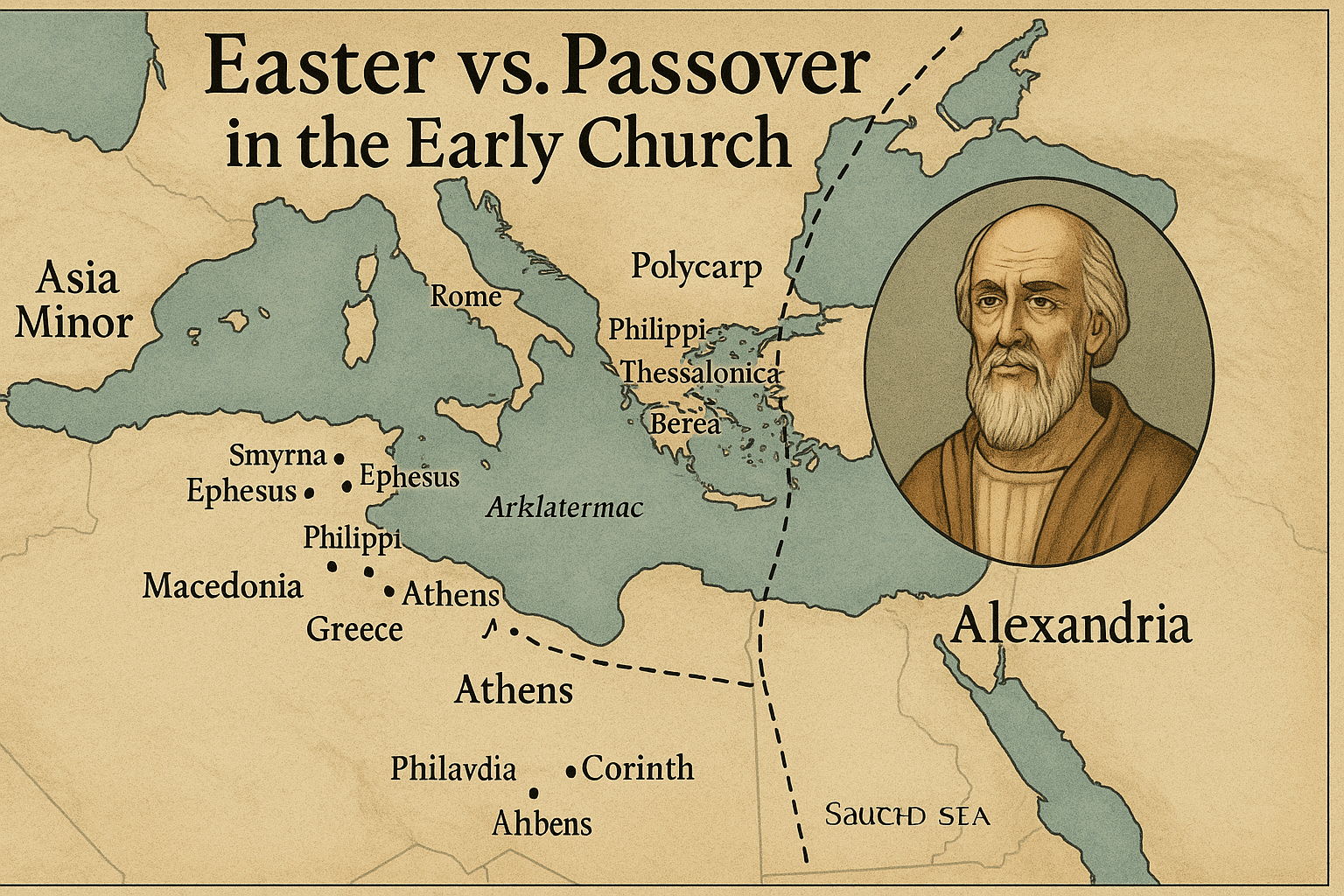The Bible talks a lot about forgiveness, showing us God’s mercy and our duty to forgive others. Have you ever found it hard to forgive someone who hurt you? Biblical forgiveness offers a way to heal and find freedom, thanks to God’s endless love and Jesus’ sacrifice.
Scripture is full of examples of God’s forgiveness and what He expects from us. The Old Testament sets the stage, with stories like Genesis 50:17 and Exodus 32:32. They show forgiveness in different situations. The New Testament, through Jesus, teaches us to forgive others as we’ve been forgiven.
Christian forgiveness is not just a one-time thing. It’s a continuous journey of letting go and showing grace. This is seen in Luke 17:3-4, where Jesus tells us to forgive those who change their ways. Forgiveness is more than words; it’s a powerful force that can change hearts and mend relationships.
As we dive into the Bible’s teachings on forgiveness, we’ll see how it connects to God’s mercy and Jesus’ sacrifice. We’ll also learn how to apply these lessons in our everyday lives. Understanding and practicing biblical forgiveness can help us grow spiritually, heal emotionally, and draw closer to God.
The Biblical Foundation of Divine Forgiveness
The Bible shows God’s forgiveness as a beautiful thing. It tells us of a loving Father who wants to free us from guilt and shame. This forgiveness comes from God’s very nature.
God’s Compassionate Nature in Forgiveness
God’s compassion is clear in His willingness to forgive. Psalm 103:8-12 says God is “slow to anger, abounding in love.” He doesn’t punish us as our sins deserve. Instead, He removes our sins far away.

The Role of Christ’s Sacrifice in Forgiveness
Christ’s atonement is central to God’s forgiveness plan. Jesus said His blood was “poured out for many for the forgiveness of sins” (Matthew 26:28). His sacrifice on the cross made forgiveness possible for us. This act of love bridges the gap between us and God.
The Promise of God’s Forgiveness Through Confession
God promises to forgive when we confess our sins. 1 John 1:9 says, “If we confess our sins, he is faithful and just and will forgive us our sins and purify us from all unrighteousness.” This shows confession is key to receiving God’s forgiveness. It’s not just about saying sorry, but truly turning away from our wrongs.
“For I will forgive their wickedness and will remember their sins no more.” – Jeremiah 31:34
This verse shows God’s promise under the New Covenant. He not only forgives but chooses to forget our sins. What an amazing display of love and grace!
Understanding Forgiveness in Christianity
Forgiveness is key in Christian faith. It means releasing anger and forgiving those who have hurt us. The New Testament talks about forgiveness 36 times, showing its big role in our lives.
The Connection Between Repentance and Forgiveness
Repentance is vital for forgiveness. Acts 3:19 says turning from sin leads to forgiveness. This shows how important true change is in our relationship with God and others.

Biblical Examples of Forgiveness
The Bible gives many examples of forgiveness. Joseph forgave his brothers for selling him into slavery (Genesis 50:17). This shows how forgiveness can lead to healing. Jesus forgiving those who crucified Him (Luke 23:34) shows His endless love and mercy.
The Benefits of Forgiving Others
Forgiving others has many good effects. It helps us get rid of bitterness and feel God’s forgiveness (Matthew 6:14-15). The story of the unforgiving servant (Matthew 18:21-35) teaches us to forgive like God forgives us. This act of kindness can heal relationships and help us grow.
“Be kind and compassionate to one another, forgiving each other, just as in Christ God forgave you.” – Ephesians 4:32
By choosing forgiveness, we follow God’s will and find freedom from grudges. It’s a journey that needs effort and patience. But the benefits are huge in our journey with Christ.
The Call to Forgive Others Unconditionally
Jesus teaches us to love our enemies and bless those who wrong us. This call to unconditional forgiveness is a Christian duty that challenges our human nature. We’re asked to forgive even when the offender hasn’t apologized or changed their ways.
Loving enemies goes beyond just forgiving them. It means actively wishing them well and treating them with kindness. As Christians, we’re called to pray for those who hurt us and respond to evil with good. This radical love reflects God’s own boundless mercy toward us.
“But I tell you, love your enemies and pray for those who persecute you.” – Matthew 5:44
Unconditional forgiveness frees us from bitterness and resentment. It’s not about excusing wrongs or trusting blindly. Instead, it’s choosing to release our right to get even. By forgiving freely, we imitate Christ’s sacrificial love.
- Forgive without waiting for an apology
- Pray for those who wrong you
- Respond to hatred with kindness
- Let go of grudges and bitterness
This kind of forgiveness isn’t easy. It requires God’s strength and grace. But as we practice loving our enemies, we grow more like Christ. We become living examples of God’s transforming love in a world that desperately needs it.
The Process of Biblical Forgiveness
God’s Word shows us how to forgive. It begins with admitting our mistakes and ends with freedom from past pain. Let’s look at the steps of biblical forgiveness that change our hearts and relationships.
Acknowledging and Confessing Sin
The first step is to confess our sins honestly. The Bible says we should tell God and others about our wrongs. This humility starts the healing process. Proverbs 28:13 tells us that confessing our sins brings mercy.
Seeking Reconciliation With Others
After we confess, we seek to make things right with others. Jesus taught us to make peace before we offer gifts. This shows God’s importance on fixing relationships. Reaching out to those we’ve hurt or who’ve hurt us is essential for forgiveness.
Moving Forward After Forgiveness
Forgiveness isn’t just about the past; it’s about our future. Overcoming past hurts through forgiveness lets us live freely. God promises to forget our sins, and we’re called to do the same for others.
Forgiveness is a journey. It may take time, but with God’s help, we can forgive as He forgives us. This journey heals our hearts and brings us closer to God’s love and grace.
Living Out Forgiveness in Daily Life
Practical forgiveness in Christian living changes your daily life. Letting go of bitterness makes you follow God’s teachings. It opens doors to personal growth. The journey of forgiveness is hard, but it’s key to living as Jesus taught us.
Forgiveness does more than just strengthen our faith. It boosts our physical, mental, and spiritual health. Forgiving can make your immune system stronger, reduce stress, and even help you live longer. These benefits show why forgiveness should be a daily habit.
Forgiveness isn’t about keeping a scorecard. Jesus says to forgive “seventy times seven,” showing God’s endless forgiveness. By showing this grace in your life, you can beat bitterness. This way, you can create a space of care and understanding. This challenging approach lets you reflect God’s image in you.





